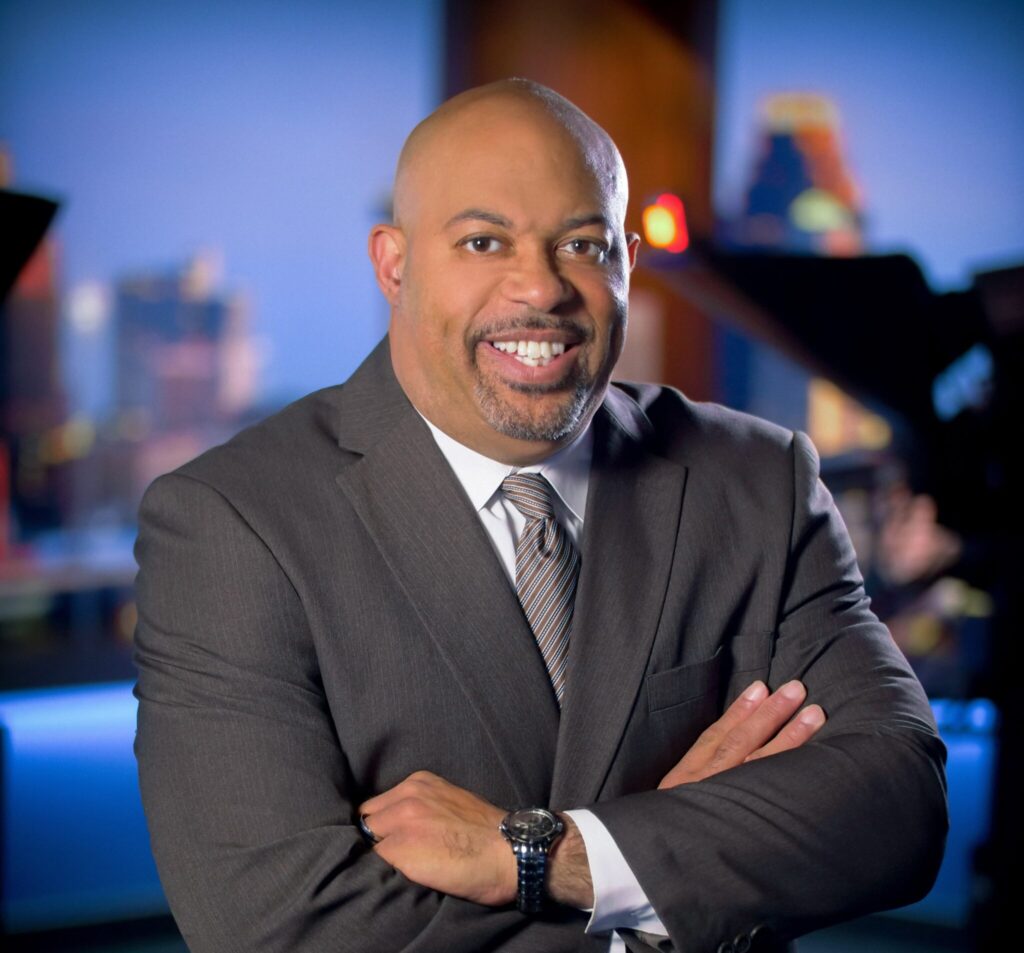“I’d be surprised … as long as Bob Iger is the CEO of Disney,” says Hearst Television CEO David Barrett, whose group owns 13 ABC affiliates and may be ABC’s most important affiliate group. Barrett and ABC News President Ben Sherwood offered their thoughts on the future of TV news at the University of North Carolina's Wade Hargrove Communications Law and Policy Colloquium
Barrett Doesn’t See ABC Selling Stations
Rumors persist that Disney may spin off ABC and its string of major market TV stations, but Hearst Television CEO David Barrett is far from convinced.
“I’d be surprised … as long as Bob Iger is the CEO of Disney,” said Barrett, who is in a position to know something of Iger’s thinking. With 13 ABC affiliates, including top-rated WCVB Boston, Hearst may be ABC’s most important affiliate group. Hearst also owns a 20% stake in Disney’s most lucrative TV product, ESPN.
Barrett went on to say that the network-affiliate broadcasting model remains strong, despite occasional battles over clearances, financial arrangements and ABC’s forays into other non-broadcast TV ventures like Fusion, its cable news venture with Univision. “There will always be a level of tension.”
He said he expects Hearst’s relationship with its two principal networks, ABC and NBC (10 affiliates), to weather the storms and remain basically the same for at least the next five to seven years.
Barrett made the comments during a Q&A session that capped the first annual Wade H. Hargrove Communications Law and Policy Colloquium at the University of North Carolina Monday evening in Chapel Hill.
Hargrove is a leading communications attorney (for Hearst and others) and a former chairman of the UNC Broad of Trustees.
The evening included a session in which Barrett and ABC News President Ben Sherwood interviewed each other on stage on the future of TV news.
Both declared that that future was bright, despite the on-going disruption of broadcasting and other traditional media caused by the Internet.
Opportunities abound in the digital age, particularly for young journalists, Sherwood said. “If I could do it all over again, I wish I could start right here, right now,” he said.
The pace of change in media is accelerating, Sherwood added. It took 377 years to go from print to radio, 71 to go from radio to TV and just 40 to go from TV to the Internet. “It’s really a trilling moment for journalism.”
Sherwood and Barrett agreed that the basic skill of journalism — the ability to tell a good story — will never change.
If you can’t tell stories that resonate with readers and viewers, “you are really not in the media business,” Barrett said.
Sherwood said the trick is not to think of it as TV news, but as “video journalism” and to customize for the different platforms — broadcast, cable or mobile — and the times of the day — short stories in the morning, long ones at night. “One size does not fit all.”
Barrett said investigative reporting was “terribly important,” while conceding that, “we probably don’t do enough of it.”
In managing costs, he said, broadcasters cannot starve the news department. They need to train reporters for investigative work and give them the time to do it. “We are going to have to put resources in it.”
Barrett and Sherwood talked repeatedly about the need for getting stories right and preserving their organizations’ hard-earned reputation for credibility and trust — qualities not pervasive on the Internet.
Asked by Barrett if ABC News was damaged for delaying its call of President Obama’s victory in 2012 until it was certain even though it meant getting beat by other networks, Sherwood said he was unsure. In any case, he added, it would have been worse “if we had gotten it wrong.”
























Comments (0)